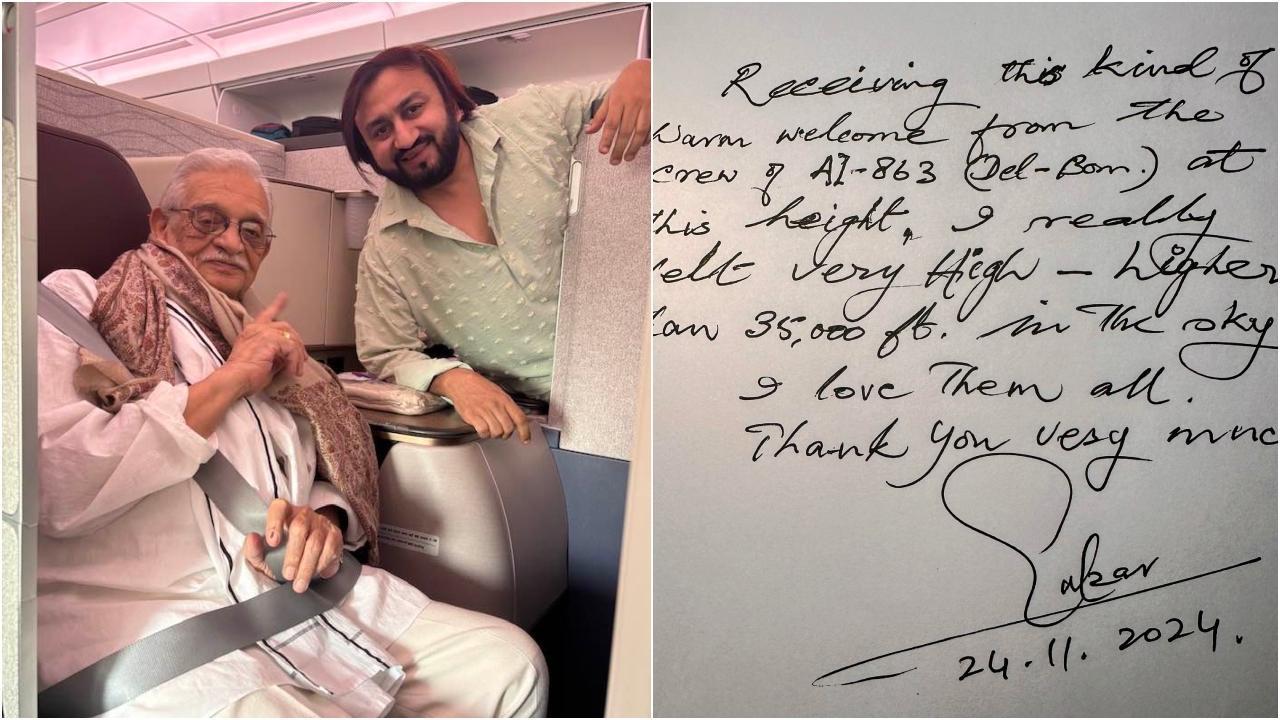
Thursday, October 17, unfolded as a significant day in women’s cricket, marked by both personal glory and collective disappointment for Australia. The Dubai International Cricket Stadium witnessed Beth Mooney achieve an incredible career milestone during a match that ended in heartbreak for the Australian team. As the ICC Women’s T20 World Cup 2024 advanced into its semifinal stage, Mooney became the fastest woman to reach 3000 runs in T20 internationals, surpassing the previous record set by Stafanie Taylor of the West Indies. However, this proud achievement came on the same day that Australia faced an unexpected and disheartening defeat, succumbing to South Africa by eight wickets.
Mooney, well-regarded for her consistency and prowess on the cricket field, reached the 3000-run mark in her 100th T20I innings. Her achievement came quicker than Taylor’s, needing three fewer innings to reach this landmark. Not only did she make this achievement in record innings, but Mooney also accelerated past this milestone in terms of time, wrapping up her 3000 T20I runs in exactly eight years and 265 days. This timing managed to outstrip her own compatriot, Meg Lanning, a former Australian captain, who reached the same goal over a more extended period of 11 years and 21 days.
While Mooney’s stellar achievement was celebrated, it was marred by the outcome of the match itself. Australia, the defending champions, was looking for a triumphant progression to the finals but were halted by a fiercely competitive South African squad. Mooney did contribute with a tangible performance, crafting a respectable innings of 44 off just 42 balls. Her effort aimed to stabilize the innings after two early wickets fell during the powerplay.
Despite her sturdy presence at the crease, the Australian innings did not gather the momentum required to pose a formidable challenge. Sent into bat by the South African skipper, Australia mustered a total of 134 runs for five wickets, a score below the par needed to dominate a World Cup semifinal. The batting effort, while controlled, lacked the explosive shots and partnerships required to set a defendable target.
. This standout missing force in the innings laid the groundwork for disappointment.
South Africa seized the opportunity with unwavering resolve, successfully chasing down the target. They accomplished this with relative ease, securing the win with 16 deliveries left to spare and losing only two wickets, thus ensuring their progression to a second consecutive T20 World Cup final appearance.
The outcome left Australia’s contingent, including the stand-in captain Tahlia McGrath, grappling with the bitter reality of a campaign cut short. McGrath candidly acknowledged the superior performance displayed by South Africa, admitting her team’s inability to rise to the occasion during such a critical match. “It’s going to be pretty hard to take. We just didn’t really show up tonight. You can’t afford to do that in tournaments like this. Full credit to South Africa. They outplayed us tonight,” McGrath expressed with palpable disappointment during the post-match presentation.
The defeat ignited discussions back home regarding the team’s planning and execution amidst high expectations heading into the tournament. However, amidst the reflections and analysis, Beth Mooney’s accomplishment remains a glittering highlight—a testament to her talent and determination. Her next steps will be closely watched as she continues to embody tenacity and flair on the world stage, carrying forward the baton of one of cricket’s contemporary icons.
Mooney’s personal achievement, while unable to shield the team from defeat, underscores her exceptional capability and sets a benchmark for future players aspiring to leave their mark on the international arena. Although the team’s journey in the tournament has ended earlier than hoped, Mooney’s record offers Australian cricket a narrative of excellence and promise amid the gloom of elimination.










